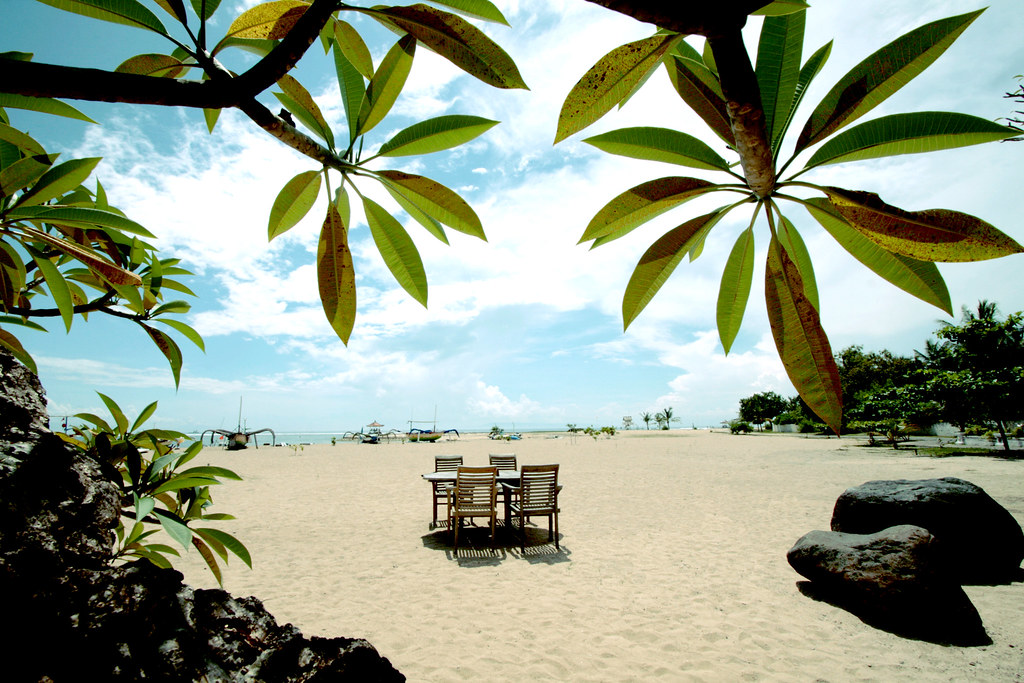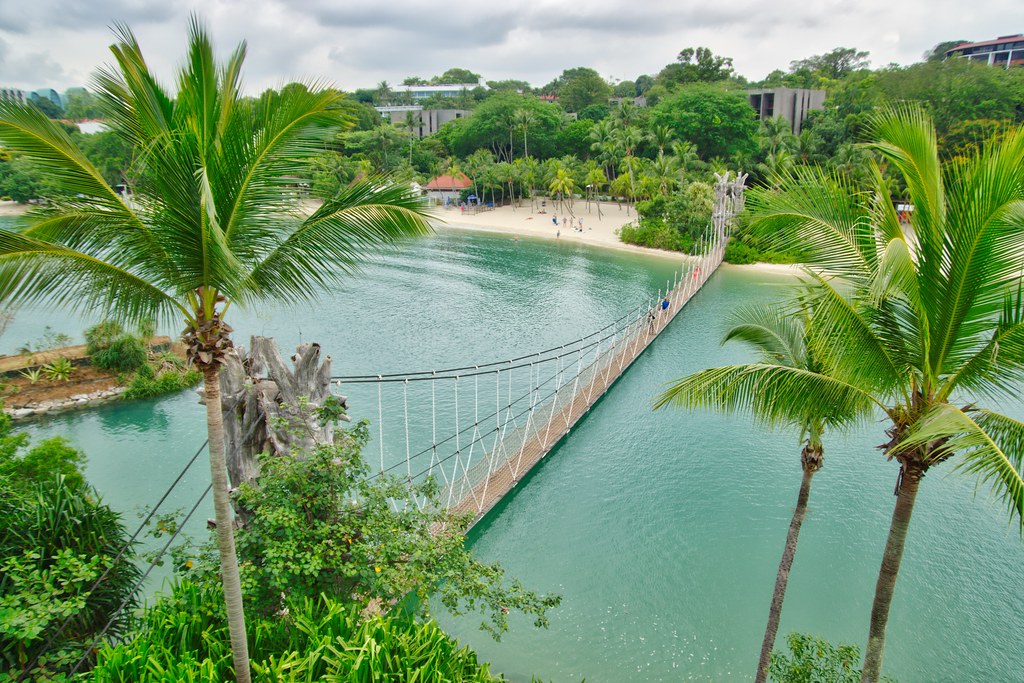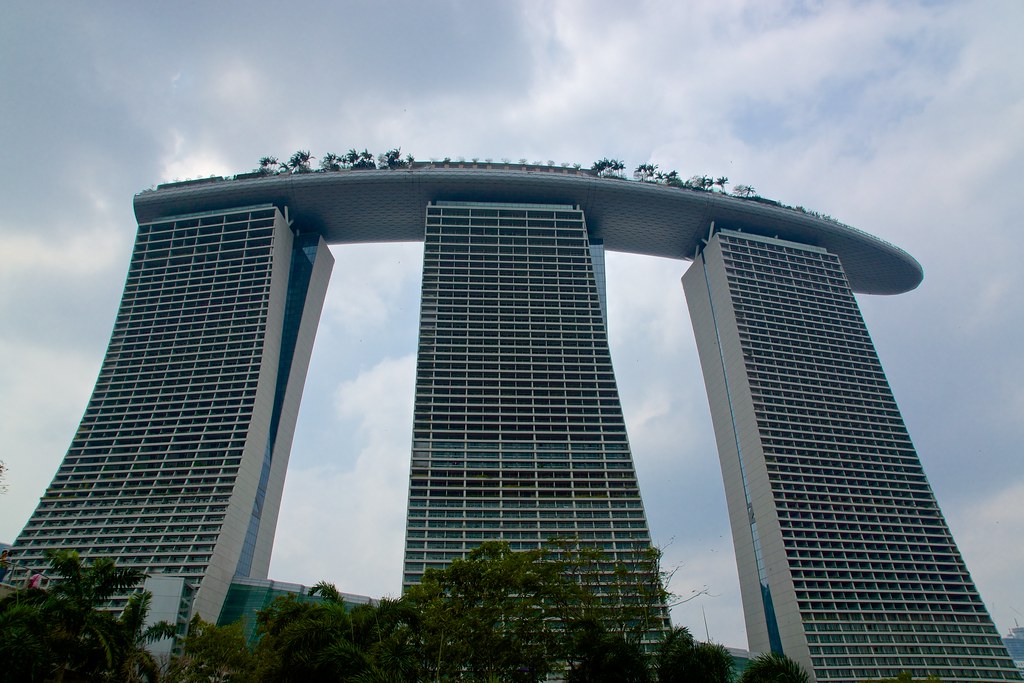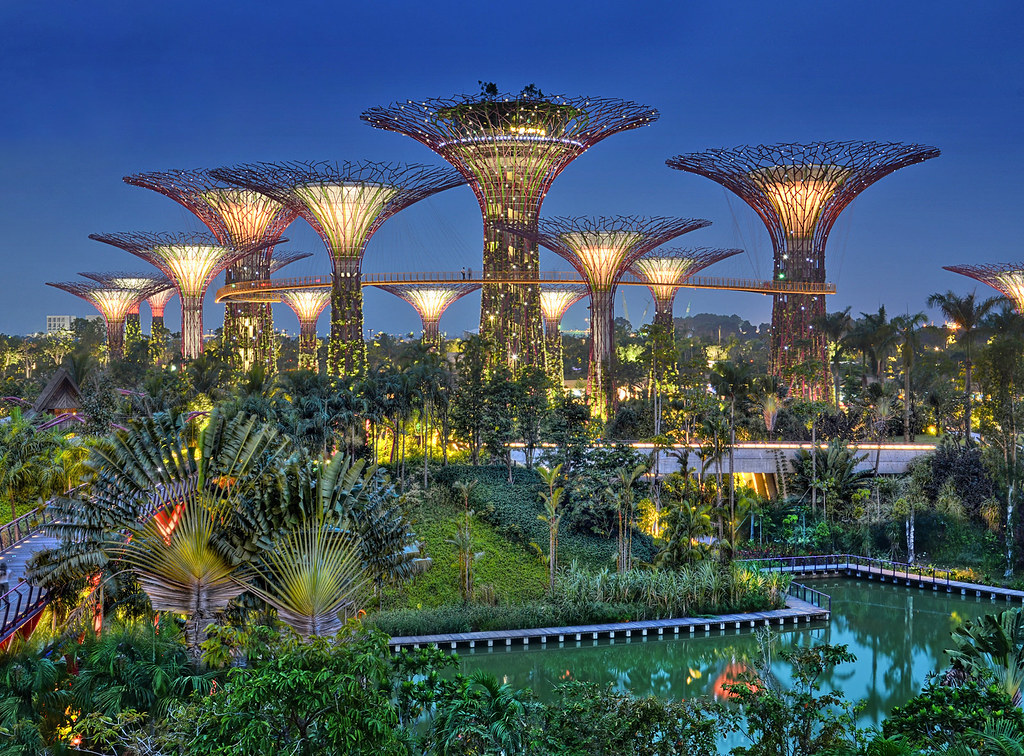Click on the map to enlarge
Source : wikitravel.org/en/Asia
- Central Asia (Afghanistan, Kazakhstan, Kyrgyzstan, Tajikistan, Turkmenistan, Uzbekistan)
- East Asia (China (which includes Hong Kong and Macau), Japan, Mongolia, North Korea, South Korea, Taiwan)
- Middle East (Bahrain, Iran, Iraq, Israel, Jordan, Kuwait, Lebanon, Oman, Qatar, Saudi Arabia, Syria, Turkey, Palestine, United Arab Emirates, Yemen)
- Russia and the Caucasus (Abkhazia, Azerbaijan, Armenia, Georgia, Nagorno Karabakh, South Ossetia, Russia, parts of northeastern Turkey and northwestern Iran)
- South Asia (India, Bangladesh, Bhutan, Maldives, Nepal, Pakistan, Sri Lanka)
- Southeast Asia (Brunei, Cambodia, East Timor, Indonesia, Laos, Malaysia, Myanmar (Burma), Philippines, Singapore, Thailand, Vietnam)
Crafting memories that last a lifetime! Family travel to Asia offers a treasure trove of experiences for families of all shapes and sizes. Immerse yourselves in captivating cultures, explore ancient temples, or relax on pristine beaches. From thrilling adventures in Thailand to educational explorations of the Great Wall of China, Asia boasts endless possibilities for an unforgettable family vacation. Your little ones will be wide-eyed with wonder, while you create cherished moments together. So, pack your bags and embark on an Asian adventure your family will never forget!”Live with no excuses and travel with no regrets.” .
Why travel in Asia?
When to travel by weather?
Best time to visit Middle East with kids – Weather
Best time to visit South Asia with kids – Weather
Best time to visit Southeast Asia with kids – Weather
Transportation
Choosing the right transportation in Thailand
Here’s a breakdown of the most common options, along with their suitability for families:
Taxis: Reliable Rides in Major Cities
- Availability: Widely available in major cities like Hanoi, Ho Chi Minh City, Da Nang, and Nha Trang.
- Safety: Generally safe, especially if you use reputable taxi companies with metered fares.
- Pricing: Affordable for short trips within the city center. Prices increase based on distance.
- Family-Friendly Factor: Convenient door-to-door service, but limited space for luggage and strollers with larger families.
Grab: The Ride-Hailing Hero
- Availability: Gaining popularity in major cities and tourist destinations. Download the app before your trip for easy access.
- Safety: Similar to taxis, ensure you’re using a legitimate Grab car with a verified driver.
- Pricing: Can be slightly more expensive than taxis depending on demand, but often offers transparent fares upfront.
- Family-Friendly Factor: Convenient option with a wider range of car sizes to accommodate families and luggage.
Public Buses: Budget-Friendly Exploration
- Availability: Extensive network connecting cities and towns. Research routes and schedules beforehand.
- Safety: Generally safe, but be aware of pickpocketing, especially in crowded areas.
- Pricing: Extremely affordable way to travel between cities.
- Family-Friendly Factor: Can be crowded and uncomfortable for longer journeys with young children. Limited luggage space.
Private Car Rentals: Freedom on the Open Road
- Availability: Readily available in major cities and tourist hubs. Book in advance, especially during peak season.
- Safety: Self-driving requires a valid international driver’s license. Research traffic regulations and road conditions.
- Pricing: Varies depending on car size and rental duration. Can be more expensive than other options.
- Family-Friendly Factor: Offers the most flexibility and comfort, ideal for families with specific itineraries or wanting to explore off-the-beaten-path destinations. Consider car seat availability for younger children.
Motorbikes: A Thrilling (But Potentially Risky) Adventure
- Availability: Widely available and a popular mode of transportation for locals.
- Safety: Not recommended for families, especially with young children. Traffic can be chaotic, and road safety standards might differ from your home country.
- Pricing: Most affordable option, but requires renting helmets and potentially child seats (limited availability).
- Family-Friendly Factor: Not suitable for families due to safety concerns.
Exploring Rural Vietnam: Beyond Taxis
- Xe Om (Motorbike Taxis): Convenient for short distances in rural areas, but safety concerns remain. Consider alternatives for families.
- Private Car Rentals: The best option for exploring rural areas with your family. Negotiate prices beforehand.
- Local Buses: Limited routes and schedules, potentially uncomfortable for longer journeys. Research availability thoroughly.
- Ferries: Connect coastal towns and islands. Book tickets in advance during peak seasons.
Which countries?
Asia -Where countries
Countries Number of Visitors (Millions) % of Total Visitors Thailand 30.2 12.70% China 36 15.10% Japan 32 13.50% Indonesia 11.7 4.90% Vietnam 10.5 4.40% Singapore 13.6 5.70% Turkey (Asia Portion) 8 3.40% India 7.5 3.10% Malaysia 6.8 2.90% South Korea 6.2 2.60%
| Countries | Number of Visitors (Millions) | % of Total Visitors |
| Thailand | 30.2 | 12.70% |
| China | 36 | 15.10% |
| Japan | 32 | 13.50% |
| Indonesia | 11.7 | 4.90% |
| Vietnam | 10.5 | 4.40% |
| Singapore | 13.6 | 5.70% |
| Turkey (Asia Portion) | 8 | 3.40% |
| India | 7.5 | 3.10% |
| Malaysia | 6.8 | 2.90% |
| South Korea | 6.2 | 2.60% |
Which Cities?
Asia -Where Cities
Cities Estimated Number of Visitors (Millions) % of Total Asian Visitors (Estimation) Bangkok, Thailand 20 8.40% Tokyo, Japan 18.5 7.80% Singapore, Singapore 12 5.00% Bali, Indonesia 10.5 4.40% Istanbul, Turkey (Asia/Europe) 8 3.40% Kuala Lumpur, Malaysia 6 2.50% Dubai, United Arab Emirates (considered part of Asia by some) 5.5 2.30% Agra, India 4.5 1.90% Siem Reap, Cambodia 4 1.70% Lijiang, China 3.5 1.50%
*2023 – Important Notes:
These are estimations and might not reflect the exact visitor numbers Data compiled from Pacific Asia Travel
Association (PATA) World Tourism
Organization (UNWTO) Singapore
Tourism Board reports China National Tourism Administration reports

Bagan, Myanmar

The Taj Mahal, an ivory-white marble mausoleum in Agra, India, took 22 years and 22,000 workers to build. This UNESCO World Heritage Site is a stunning testament to love, recognized as one of the wonders of the world. pen_spark tune share The Taj Mahal, an ivory-white marble mausoleum in Agra, India, took 22 years and 22,000 workers to build. This UNESCO World Heritage Site is a stunning testament to love, recognized as one of the wonders of the world.

Arashiyama Bamboo Grove, Kyoto

Pokhara, Nepal

Buffalo herde Ha Long Bay, Vietnam

Tegallalang Rice Terraces

Monkey Forest, Ubud, Bali, Indonesia

Monkey Forest. Ubud Bali, Indonesia

Tanjung Benoa Beach - Bali, Indonesia

Bridge connecting the Southernmost Continental Point of Asia with Sentosa island, Singapore

Marina Bay Sands Hotel seen from the Gardens by the Bay in Singapore

Dragonfly Bridge at Gardens by the Bay - Singapore

The White Tigers at Singapore Zoo

Wooden footbridge in Shinjuku Gyoen National Garden, Tokyo, Japan

Wat Phra Sri Sanphet, Ayutthaya Historical Park, Thailand
What to package to Asia?
For Everyone:
- Passport and visas (if required)
- Travel insurance documents
- Wallet with local currency and credit/debit cards
- Mobile phones and chargers
- Travel itinerary and important contacts
- Medications (including children’s specific needs)
- Toiletries (child-friendly options)
- Travel-sized first aid kit (including children’s medications)
- Sunscreen and insect repellent (suitable for children)
- Travel backpack or daypack (with compartments for kids’ items)
- Lightweight rain jackets or ponchos (children’s sizes)
- Travel locks for luggage (child-safe options if applicable)
- Travel pillows and blankets for flights or long journeys (child-sized if necessary)
- Snacks and reusable water bottles (child-friendly snacks and spill-proof bottles)
- Portable umbrella (small and easy for kids to carry)
- Comfortable walking shoes for sightseeing (including children’s shoes)
Toddler (1-3 years old):
- Boys and Girls:
- Diapers and wipes
- Baby formula and bottles (if applicable)
- Baby food and snacks (age-appropriate)
- Baby carrier or stroller
- Pacifiers and comfort items
- Changing pad
- Baby clothes (onesies, pajamas, socks, hats)
- Baby bath products (gentle soap, shampoo)
- Baby toys and books
- Portable crib or bassinet (if not provided by accommodation)
Child (4-8 years old):
- Boys and Girls:
- Clothes (t-shirts, shorts, pants, underwear)
- Swimwear and beach sandals
- Hat and sunglasses (child-sized)
- Comfortable walking shoes (easy to put on and take off)
- Small backpack or day bag (with favorite toys or activities)
- Travel games or activities (age-appropriate)
- Snacks and spill-proof water bottle
- Travel books or picture books
- Child-size headphones (for electronics)
Pre-Teen (9-12 years old):
- Boys and Girls:
- Clothes (mix of shorts, t-shirts, long pants, dresses)
- Pajamas and underwear
- Swimwear and beach sandals
- Hat, sunglasses, and sunscreen
- Comfortable walking shoes and sandals
- Backpack or day bag (with space for personal items)
- Toiletries and personal hygiene products (teen-friendly)
- Books, travel games, or electronics with headphones
- Snacks and refillable water bottle
- Travel journal and pens
Teenager (13+ years old):
- Boys and Girls:
- Clothes (casual and dressier outfits)
- Swimwear and flip-flops
- Hat, sunglasses, and sunscreen
- Comfortable walking shoes and sandals
- Backpack or stylish day bag
- Toiletries and personal hygiene products
- Electronics (phone, camera, chargers)
- Travel books or e-readers
- Snacks and reusable water bottle
- Travel journal or notebook
Extra?
- Extra changes of clothes for children (especially for younger ones)
- Child-friendly snacks and drinks for travel days
- Portable entertainment (tablets, favorite toys, coloring books)
- Travel-sized baby wipes or wet wipes (useful for various situations)
- Lightweight and compact baby carrier or stroller (easy to maneuver in crowded areas)
- Child-safe sunscreen and insect repellent (formulated for sensitive skin)
- Disposable bibs or bibs with pockets (for toddlers)
- Travel-friendly baby feeding supplies (bottles, sippy cups, snack containers)
- Child-size ear protection (for noisy environments or flights)
- Compact, foldable travel potty or training seat (for toddlers in transition)
So how to get cellular?
Asia is a large continent with many different countries, each with its own cellular network providers, so a SIM card that works in one country might not work in another.
You should check every country that you planing to visit, But if you still have a track, just buy one of the big ones with the biggest layout available.
There 3 types of SIM:
Asia -Sim
| Feature | Multi-Country SIM | Regional SIM | eSIM |
| Pros | Wide coverage in multiple Asian countries | Good option for travel within a specific region (e.g., Southeast Asia) | No need for physical SIM card, easy to switch carriers |
| Cons | May not work in all Asian countries, limited data allowance or high data costs | Limited coverage to a specific region, data plans may not be the most competitive | Not all phones support eSIM, carrier availability in Asia may be limited |
There is forth option – International Roaming SIMs (elecom providers offer SIM cards that allow for roaming across multiple Asian countries)
but in most of the cases it’s too expensive (for data usage)
Comparison of Multi-Country SIM and eSIM:
Asia -Sim Comparison of Multi-Country SIM and eSIM
| NAME | TYPE | COVERAGE | FEATURES | PRICE (Example Package) | PROS | CONS |
| TravelSim Asia8 | Multi-Country SIM | 8+ (China, Hong Kong, Japan, Southeast Asia) | Multiple data packages | ~$30 (8GB Data, 30 Days) | Wider coverage, Multiple data options | Data costs might be higher |
| AIS Sim2Fly | Multi-Country SIM | 5+ (Southeast Asia) | Good data packages | ~$20 (6GB Data, 8 Days) | Good data deals for Southeast Asia | Limited coverage for broader Asia travel |
| Truemove H Traveller SIM | Multi-Country SIM | 3+ (Southeast Asia, Hong Kong) | Data packages, voice calls, SMS | ~$40 (Unlimited Data, 8 Days) | Comprehensive features, good for Southeast Asia travel | Limited coverage for Northeast Asia (Japan, Korea) |
| China Unicom Hong Kong Visitor SIM | Multi-Country SIM | 3 (China, Hong Kong, Macau) | Data packages, hotspot | ~$25 (5GB Data, 30 Days) | Convenient for China travel, includes Hong Kong and Macau | Limited coverage for Southeast Asia and Northeast Asia (Japan, Korea) |
| Airalo eSIM | eSIM | 124 Countries (Global) | Multiple data packages | ~$35 (5GB Data, 7 Days) | Convenient eSIM format, Multiple data options | Not all phones support, Limited carrier availability in some countries, Data costs might be higher |
| Nomad eSIM (Asia) | eSIM | Varies (2 Coverage Options): | Data plans for specific regions | * Southeast Asia: ~$28 (5GB Data, 30 Days) * East Asia: ~$32 (6GB Data, 30 Days) | Convenient eSIM format for specific Asian regions | Limited coverage depending on region chosen (NOT all of Asia), Data plans might not be the most competitive |
| Flexiroam X eSIM | eSIM | Varies (Depends on provider): | Data packages, long validity periods | ~$45 (10GB Data, 30 Days) | Flexible data options, long validity for multi-trip use | Not all phones support, Limited carrier availability in some countries, Data costs might be higher |
Does Asia is safe?
Traffic Safety – Risk of accidents and road conditions.
Scams – Likelihood of encountering tourist scams.
Health Concerns – Potential health risks for travelers.
Local Laws & Customs – Importance of following local rules and etiquette.
Asia -Safe
| Region | Traffic Safety | Scams | Health Concern | Local Laws & Customs |
| East Asia | Moderate | Moderate | High (Mosquito-borne diseases) | Strict (varies by country) |
| Middle East | Low | High | High (Extreme heat, respiratory illnesses) | Very Strict (varies by country) |
| South Asia | Low | High | Very High (Waterborne diseases, sanitation) | Strict (varies by country) |
| Southeast Asia | Low | High | High (Mosquito-borne diseases, foodborne illnesses) | Moderate (varies by country) |
Sources:
U.S. Department of State travel advisories
World Health Organization (WHO) health information
Lonely Planet or other travel guidebooks
These resources often provide insights into local customs, scams, and safety concerns
”Life is too important to be taken seriously.”
Oscar Wilde (1854-1900) was an Irish writer famous for his witty plays, sharp social commentary, and flamboyant personality
.
Oscar Wilde


